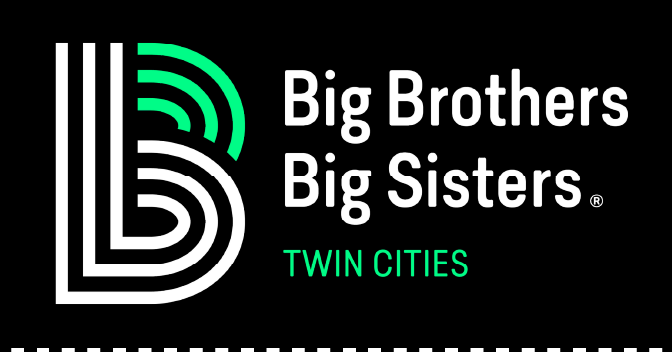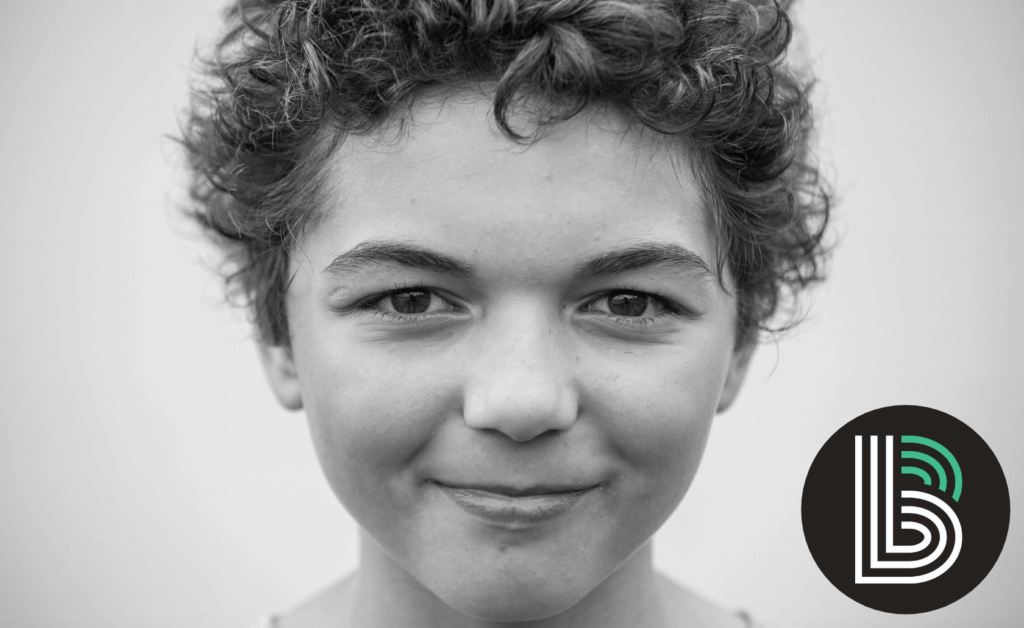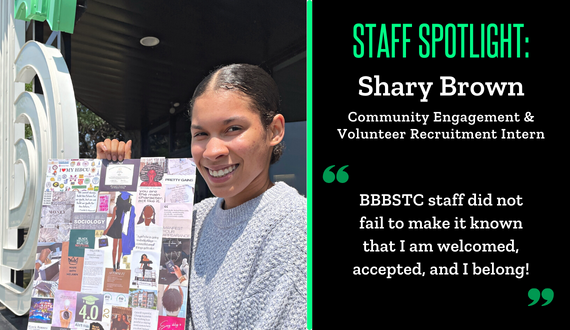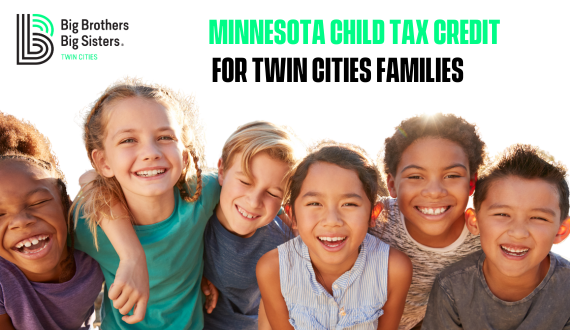
Staff Spotlight: Pat Sukhum on AAPI Month
May 30, 2022, Katie Huynh
In honor of May as Asian American & Pacific Islander (AAPI) Heritage Month, we’re highlighting a few of our Asian team members and their unique, lived experiences as members of AAPI communities. In this post, we interviewed Pat Sukhum, our CEO, about his story as a Thai American and his thoughts on the importance of AAPI Month, and why it is relevant in youth mentoring work.
What is your ethnicity?
I am a first-generation Thai American.
Why is Asian American Pacific Islander (AAPI) month important to you? How is this month important for youth mentoring work?
This month allows us to highlight our unique stories and identities, to show the diversity of Asian cultures. Oftentimes, we’re perceived as a monolith, or there is only one Asian experience or story to be told. AAPI Month is important to me because it’s about bringing worlds together and ensuring that youth feel confident in embracing themselves. Youth mentoring is about helping our youth find their own path to success versus what we perceive to be successful for them, and I think this message is important to emphasize during this month. If we’re not genuine in our efforts of creating community and belonging for our Asian American youth, it’s often the case that we see a compromise or loss of identity and culture.
How would you reflect on your experience growing up as a Thai American? And if you feel comfortable sharing, what were some struggles you faced during your childhood?
My parents immigrated from Thailand, and I remember as a child how much effort they put into making sure that I was assimilated into American culture. I was named Patrick, a common Irish American name. My mom would cook Thai dishes for my dad and then cook American dishes for me and my sister. As a result, I don’t really feel in touch with my Thai culture and consider myself Americanized. It’s served me well growing up in the U.S. but looking back, it’s conflicting to reflect that my parents did these things out of care but it’s also concerning they felt they had to compromise my culture out of fear that I would be bullied for being different.
What are some misconceptions and stereotypes about the Asian community you encounter?
I think the most common misconception is that all Asian cultures are the same. When I was growing up, I remember Japan was seen as the “cool” Asian culture, and it was difficult to dispel presumptions and explain that I’m Thai. I encountered stereotypes like all Asians are good at math, we all know kung fu, or we’re all smart and want to become doctors. And though I now recognize these as microaggressions, I remember playing into them as a kid and laughing them off.
It wasn’t the ideal response, and sometimes I wish I had the knowledge and courage back then to speak up. But, I also give myself grace in recognizing it was a defensive mechanism because it’s easier and safer to shrug it off than to interrupt the room. For Asian youth especially, we’re not often given the confidence or space to speak up. I really hope I can instill that confidence and change with my platform as CEO for young Asian Americans today.
Do you have any advice or insight you would like to share with Asian youth?
It’s never too late to give yourself the space to explore your identity and intersect worlds. It can be hard feeling like you have to step out of one box and into another – the pressure to act as a different person in your American and Asian communities. It doesn’t need to be mutually exclusive; I encourage our Asian American youth to embrace themselves wholly.



